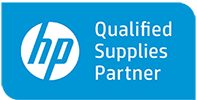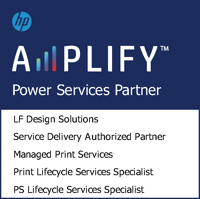Most businesses don't question their copier leases - it is simply the way copiers have been sold since they were invented : a certain monthly payment includes supplies & services, with a per page amount for overages. While this billing method seems simple on the surface, a lot can happen behind the scenes that leads to companies paying a lot more than they should.
As our company got started on the printer side of the industry as opposed to the copier side, we did not deal with leases earlier on in our business. It was common practice, and still is common practice, for companies to purchase their printers upfront, but lease their copiers. It wasn't until 2008 when we started offering copiers as well that I started to look 'under the hood' of the leasing business practice - and I was shocked at what I learned!
It is my opinion that a lease should be used as a means to finance an amount that is not affordable to a business upfront. Unfortunately in the copier industry today, leases are often instead used as a sales tactic to charge customers more money and lock them into agreements. Time and time again I have seen situations where clients were stuck paying a certain amount monthly for a copier that either wasn't used to its full capacity, or that they were grossly overcharged for. I had a client once replace their entire fleet of copiers with Hewlett-Packard MFPs, and they told me that the amount they paid upfront to purchase the equipment was about the same amount they were paying EVERY YEAR to lease their previous copiers.
The worst part is, once a lease is signed, there is ABSOLUTELY NO WAY TO BACK OUT OF IT. You are on the hook for the monthly payment for the entirety of the lease. The only way to terminate a lease early is to pay all the remaining payments in one lump sum.
This is why I put together a guide to educate our clients so they can avoid the pitfalls of leasing: "The Guide to Understanding Copier Leasing: How To Get A Good Deal & Avoid Tricks! The 5 Most Important Things Every Decision Maker Should Know". A little understanding can go a long way in making sure your company pays a fair price.




